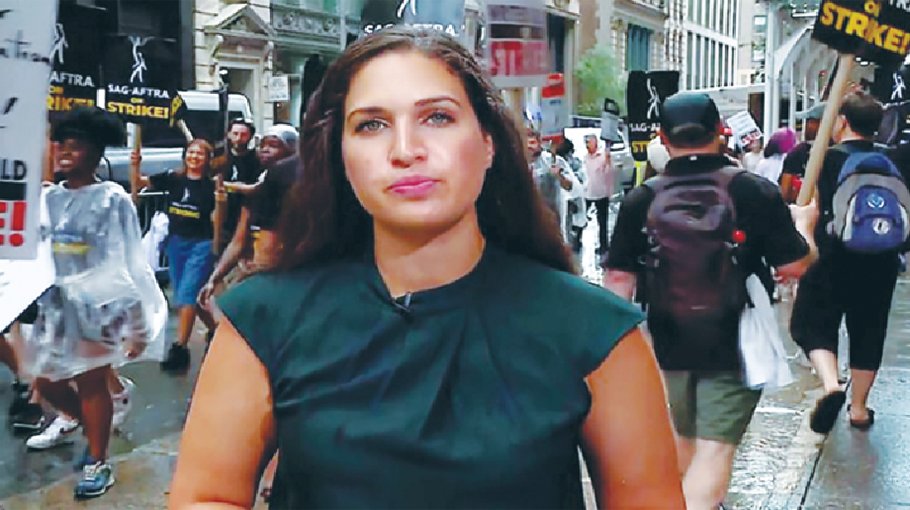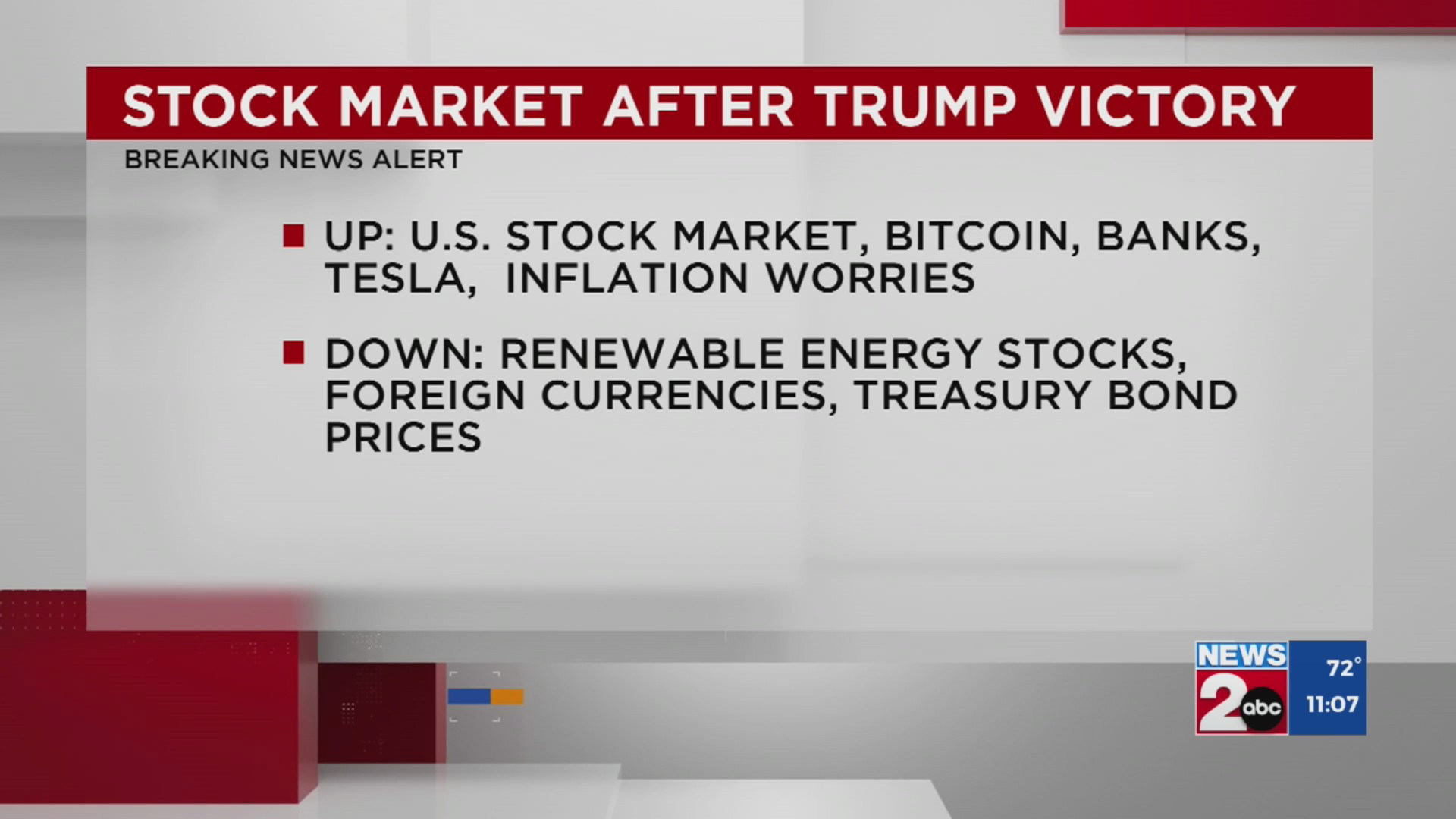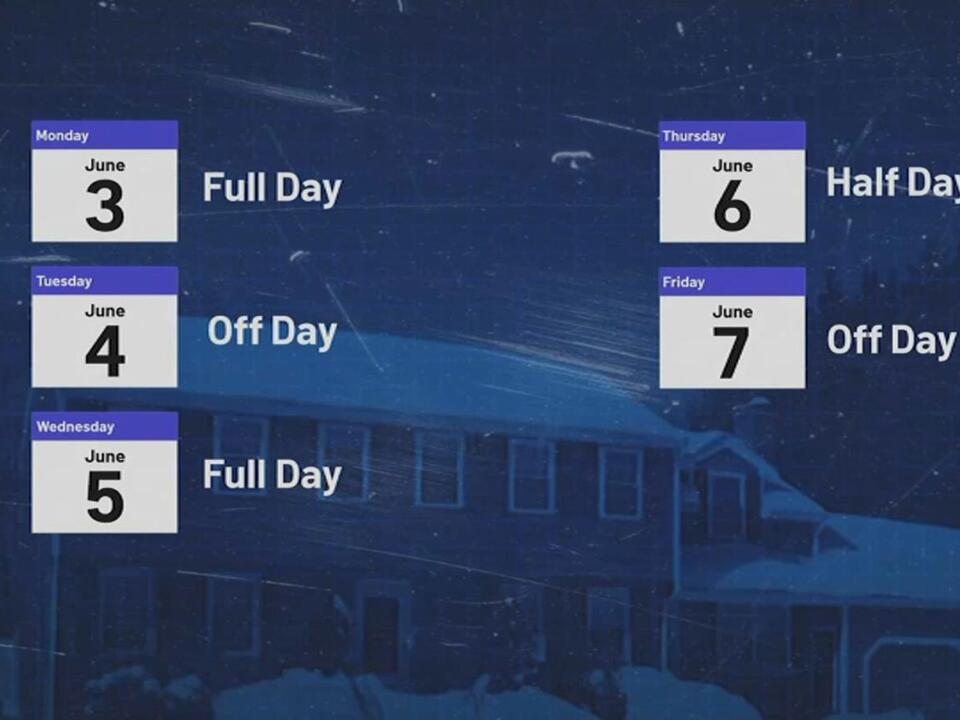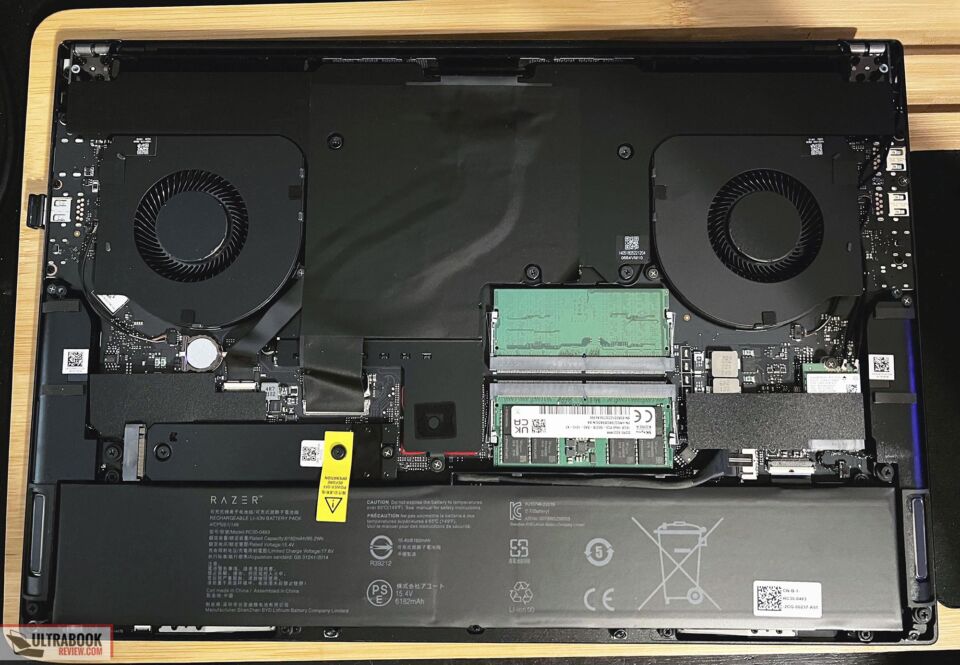Actors Join Writers' Strike: Complete Hollywood Production Halt

Table of Contents
SAG-AFTRA's Decision to Join the Writers' Strike
SAG-AFTRA's decision to join the WGA on strike was a significant escalation of the ongoing labor disputes in Hollywood. The actors' strike, like the writers' strike before it, stems from deep-seated concerns about fair compensation, working conditions, and the impact of new technologies on the industry.
Key Demands of SAG-AFTRA
SAG-AFTRA's key demands reflect the changing landscape of the entertainment industry, particularly the rise of streaming services. These demands include:
- Fair wages and residuals in the streaming era: Traditional residuals, payments actors receive each time their work is broadcast, have significantly diminished with the rise of streaming. SAG-AFTRA seeks a fairer system of compensation that reflects the increased reach and profitability of streaming platforms.
- Protection against AI usage in the industry: The increasing use of artificial intelligence raises concerns about actors' likenesses and performances being used without consent or compensation. SAG-AFTRA is pushing for strong protections against AI exploitation.
- Improved health and pension benefits: The cost of healthcare and the financial security of actors, especially those in supporting roles, are key concerns. SAG-AFTRA seeks improvements to the industry's health and pension plans.
- Regulation of self-tape auditions: The prevalence of self-tape auditions places an additional burden and expense on actors, often without fair compensation. Regulation and standardization are sought.
- Increased transparency in contract negotiations: SAG-AFTRA seeks greater transparency from studios regarding their financial practices and the allocation of resources.
The Impact on Actors
The actors' strike will have a profound impact on actors at all levels:
-
Loss of income for many actors: The strike will result in a significant loss of income for many actors, particularly those who rely on smaller roles and residuals for their livelihood. Background actors and those working on smaller independent productions will be particularly hard hit.
-
Potential long-term career disruption: Prolonged strikes can disrupt careers, leading to missed opportunities and decreased visibility. The impact will be felt disproportionately by those early in their careers.
-
Solidarity with writers facing similar challenges: Actors' solidarity with the WGA highlights the shared struggles and common goals regarding fair treatment and working conditions within the industry.
-
Increased pressure on studios to negotiate fairly: The joint strike puts immense pressure on studios to address the core concerns of both writers and actors.
-
Financial Implications for Different Actors: A-list actors may have more financial resources to withstand a prolonged strike, but even they face reputational risks and project delays. Background actors, however, often work on a per-day basis and lack the financial safety net of larger stars, potentially facing significant hardship.
The Combined Impact of the Writers' and Actors' Strikes
The simultaneous writers' strike and actors' strike have brought the entertainment industry to a near-complete standstill. This combined Hollywood strike creates a unique and potent force demanding change.
Complete Halt of Production
The combined strike has resulted in a complete shutdown of nearly all major film and television productions. High-profile projects like The Late Show with Stephen Colbert, numerous late-night talk shows, and countless film productions are indefinitely suspended.
Economic Implications
The economic impact is staggering. Studios, production companies, crew members (including grips, gaffers, and sound technicians), catering services, and countless related businesses face significant financial losses. Estimates of lost revenue are in the billions of dollars.
Impact on the Release Schedule of Films and TV Shows
The delays caused by this Hollywood strike are already pushing back release dates for numerous films and television shows, resulting in a potentially significant backlog of unfinished projects. The ripple effect will be felt across the entire entertainment ecosystem.
- Major Studios Impacted: All major studios (Disney, Warner Bros. Discovery, Netflix, Amazon, etc.) are experiencing production delays and financial losses.
- Projected Financial Losses: Industry analysts project billions of dollars in lost revenue for studios and related businesses. The longer the strike continues, the greater the financial strain.
- Popular Shows and Movies Delayed: High-profile releases are already being pushed back, including anticipated sequels and series finales. Audiences face uncertainty regarding their favorite programming.
Potential Outcomes and Negotiations
The outcome of the combined strike remains uncertain, hinging on negotiations between SAG-AFTRA, the WGA, and the Alliance of Motion Picture and Television Producers (AMPTP).
The Studios' Response
The AMPTP's response has been met with criticism from both unions, with accusations of intransigence and unwillingness to address the core issues raised by the striking workers. The studios' counter-arguments often center on the financial implications of meeting the unions' demands.
Potential Scenarios
Several scenarios are possible:
- Swift Resolution: A negotiated settlement could resolve the strike relatively quickly, though this seems less likely given the entrenched positions of both sides.
- Prolonged Standoff: A protracted strike could last for months or even longer, causing even greater financial damage and creating uncertainty within the industry.
- Partial Settlements: Agreements might be reached on some issues, leading to a phased return to production, while other issues remain unresolved.
Public Opinion and Support
Public opinion largely favors the striking actors and writers, understanding the need for fair compensation and improved working conditions in the face of evolving industry dynamics. This widespread public support is strengthening the unions' negotiating positions.
- Possible Compromises: Possible compromises could involve adjustments to residual payments based on streaming viewership, stricter regulations on AI usage, and improved healthcare benefits.
- Key Sticking Points: The key sticking points in negotiations remain fair wages, residual payments in the streaming era, and the use of AI in the industry.
Conclusion
The actors' joining the writers' strike has led to a complete shutdown of Hollywood production, causing significant economic disruption and uncertainty for everyone involved. The demands of both SAG-AFTRA and the WGA highlight crucial issues within the industry concerning fair compensation, AI usage, and overall working conditions. This historic Hollywood strike underscores the need for a fundamental shift in how the entertainment industry operates in the digital age. The long-term impact of the actors' strike and the writers' strike remains to be seen, but the current situation demands a thorough reassessment of the industry’s labor practices.
The ongoing actors' and writers' strike represents a critical moment for the future of Hollywood. Stay informed about the latest developments in this historic labor dispute, and consider how you can support fair treatment for actors and writers. Understanding the intricacies of the actors' strike and the writers' strike is essential for navigating the evolving landscape of the entertainment industry. Learn more about the ongoing Hollywood strike and its potential ramifications by following reputable news sources and industry updates.

Featured Posts
-
 Trumps Trade Wars Assessing The Damage To Americas Financial Primacy
Apr 22, 2025
Trumps Trade Wars Assessing The Damage To Americas Financial Primacy
Apr 22, 2025 -
 Chronology Of The Karen Read Murder Prosecution
Apr 22, 2025
Chronology Of The Karen Read Murder Prosecution
Apr 22, 2025 -
 Podcast Production Made Easy Ai Digest For Repetitive Documents
Apr 22, 2025
Podcast Production Made Easy Ai Digest For Repetitive Documents
Apr 22, 2025 -
 Blue Origin Postpones Launch Vehicle Subsystem Malfunction
Apr 22, 2025
Blue Origin Postpones Launch Vehicle Subsystem Malfunction
Apr 22, 2025 -
 In Depth Razer Blade 16 2025 Review Ultra Performance Ultra Thin Design Ultra Price Tag
Apr 22, 2025
In Depth Razer Blade 16 2025 Review Ultra Performance Ultra Thin Design Ultra Price Tag
Apr 22, 2025
